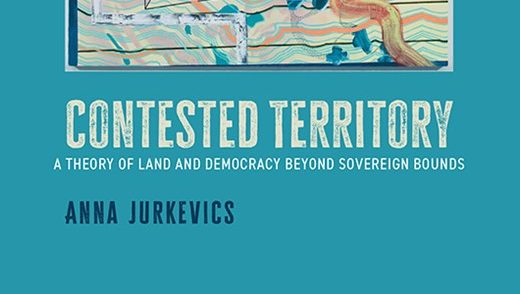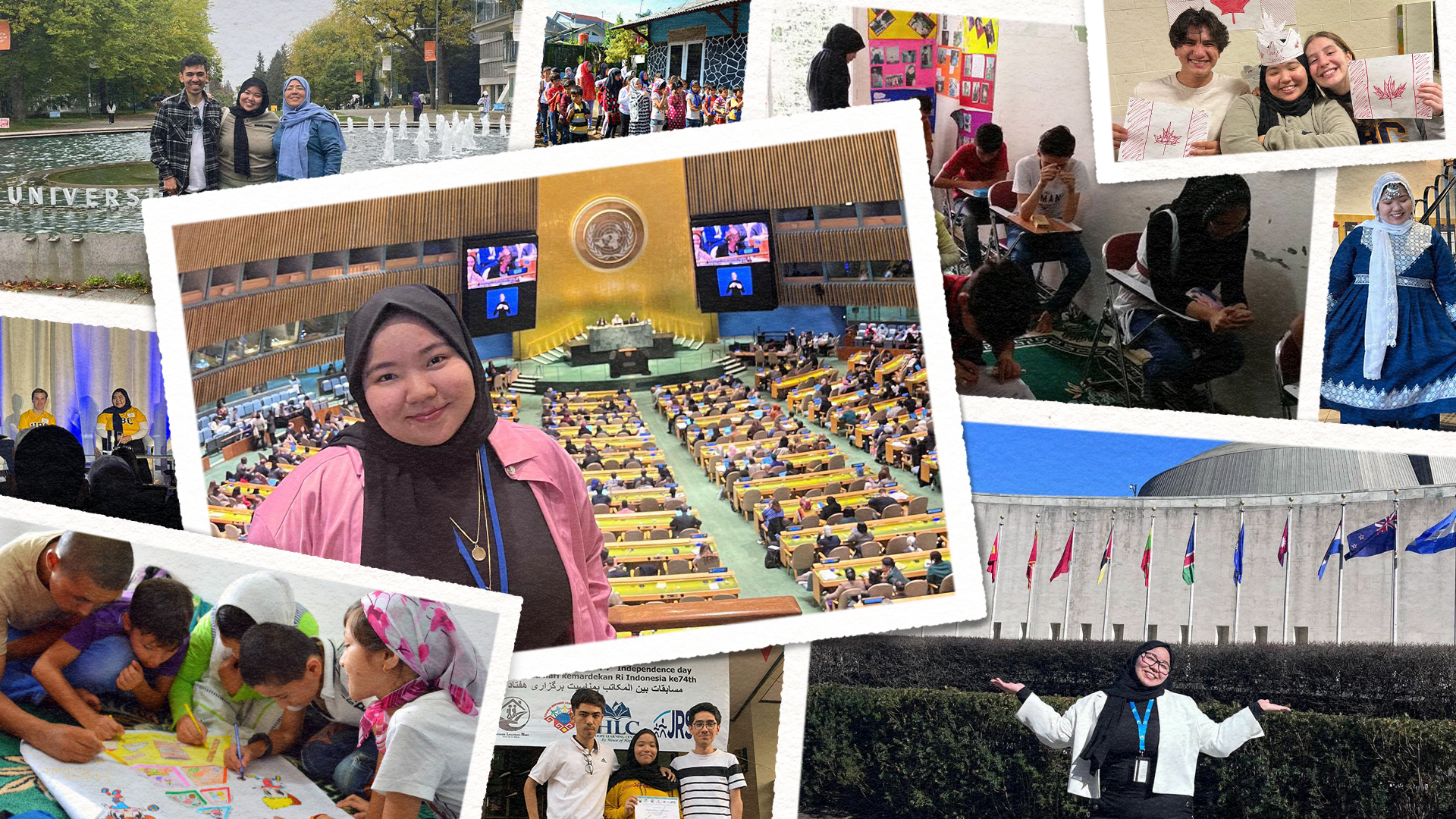The Department of Political Science welcomed Dr. Stewart Prest to UBC last September as a Lecturer. Dr. Prest joined us from Simon Fraser University’s Department of Political Science.
We spoke to Dr. Prest about his research and what he enjoyed about his first year teaching at UBC.


Dr. Stewart Prest
You completed your PhD at UBC in 2016. What have you been up to in the time since and what led you back to UBC?
It’s been fun to come back to UBC — it’s both a homecoming and a new adventure in a new role.
I first came to UBC to do my PhD in politics and international relations focusing on civil conflict. My dissertation examined how Bolivia went through a prolonged period of uncertainty and contention but didn’t tip over into armed conflict like a number of other countries in a similar situation did.
After completing my PhD, I started teaching in and around the Lower Mainland at a number of different institutions and over time, I developed other interests, including Canadian politics and even more local politics in British Columbia and Vancouver. It was through my teaching that I found my interests and expertise, and it’s been great to bring that additional knowledge and interest back to UBC.
Can you tell us about the research you’re currently working on?
I have a couple of projects on the go in different areas of interest. I’m currently co-editing an edited volume, looking at international conflict and the ways in which weak states survive. I recently finished a chapter in an edited volume looking at Vancouver politics, and I’m doing a similar chapter looking at recent developments in BC provincial politics as well.
I’m moving between various levels of analysis, from the very global to the very local. I find that being able to bring examples from around the world and close to home is something that informs my teaching as well.
Could you tell us about a course that you’ve taught recently and/or one that you’re planning to teach soon?
Last term, I taught a course based around the theme of weapons of the weak states (POLI 464J), exploring the foreign policy of small and relatively less powerful states.
It was fun to develop, deliver, and work with fourth-year students in this course. When I develop a new course, hearing from students about what’s working well and where can we make additional changes along the way is part of the experience. It was a fun course to develop and deliver, and I’ll be teaching it again in the near future.
In the coming year, I’m developing two new courses. One is a course on BC politics (POLI 304). This is the first time in a number of years that anyone has taught that course at UBC, so I’m looking forward to resurrecting and reinvigorating it during an election year.
The other course, Depth of Democracy? (POLI 328G), looks at the challenges facing democracy around the world. It examines issues from misinformation to polarization to growing inequality. There are many different challenges, some that are old and recurring, but some that are novel to this period of time. This course examines those challenges we’re facing, their potential solutions and the different ways to think about them.
Beyond those courses, I teach many of our introductory courses, which are always interesting to teach because you can talk about just about anything and it all comes back to politics. I enjoy helping students who are unsure if politics is for them or if it matters to them find different ways in which politics can be something that matters to them, that they can be involved in and make a difference in.
What have you enjoyed the most about your first year as a faculty member in the Department? What has surprised or challenged you?
I’ve really enjoyed coming home. I’ve been lucky to have a variety of experiences and different institutions that made me feel welcome, but UBC feels like my professional home and to be part of a faculty that is so inclusive and finding new ways to talk about important subject matters is an exciting prospect.
Hitting the ground running and jumping into a full load of teaching is always going to come with surprises along the way. I’ve been surprised by how often and how many students make use of office hours. Multiple hours every week, I’m in conversations with students about all sorts of topics. It takes up time, but it’s been very rewarding to be able to make a personal connection with so many students even in the midst of these large introductory courses.
What are your favourite things to do in your spare time?
My partner Christie and I have a household with three active boys, so driving to and from baseball and hockey practice is a substantial part of my time.
I also run regularly as my primary form of stress relief. I did my first marathon last year and would like to do one again in the near future. I also like to walk around the Pacific Spirit lands near UBC to unwind. Those are a couple of things that keep me busy.
This interview has been edited for length and clarity.


